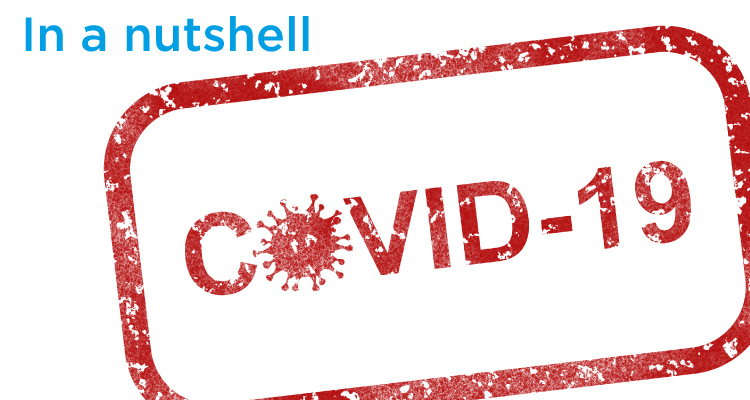
COVID-19 basic resuscitation protocol for all healthcare settings caring for users outside of hospitals : what you need to know
On April 9, 2020, the government issued a COVID-19 basic resuscitation protocol for all healthcare settings caring for users outside of hospitals.
According to this protocol, when a person is in cardiac arrest elsewhere than in a hospital:
- If the person is unknown or his COVID-19 status is unknown, probable or positive OR there is an COVID-19 outbreak in the care setting, de COVID-19, do not perform cardiac massage
- If a person is known, has no symptoms and/or has had a negative COVID-19 test recently, perform cardiac massage.
Since most of the healthcare professionals working in CHSLDs do not have the necessary protective equipment, the N95 masks in particular, and there is a high risk of transmitting the virus during resuscitation procedures, it is clear for the FIQ that this protocol ignores the INSPQ recommendations on the use of N95 masks in high-risk situations.
The lack of clarity in the protocol leaves the decision to resuscitate squarely on the healthcare professional’s shoulders, with all the consequences this can entail on the ethical and occupational health and safety levels.
Healthcare professionals face an ethical conflict as soon as they are asked not to assist a patient in distress because resuscitation without protection includes a high risk of contamination and not resuscitating may expose the healthcare professional to consequences on ethical grounds.
The FIQ’s position
The FIQ does not endorse:
- Putting healthcare professionals in danger;
- Putting healthcare professionals in conflict with their ethical obligations and those of helping;
- Creating two categories of patients: those in CHSLDs will be entitled to less care than those in hospitals.
The FIQ’s demands of the employers and professional orders:
- That the employers respect their obligation to supply the necessary protective equipment (the N95 masks) so healthcare professionals can take assist a patient promptly when his health so requires.
- That the management of personal protective equipment is centralized and masks returned, as needed, to the centres of activities with none.
- That the professional orders confirm that healthcare professionals will not be subject to any ethical consequences if they do not resuscitate a patient because there are no N95 masks.
The FIQ is always there to defend its members vigorously before their professional order.
If you find yourself in such a situation:
- Continue to demand the necessary protective equipment.
- If the necessary protective equipment is not available and you feel that a resuscitation procedure puts you, or a third party, at risk, do not do it yourself and ask for help.
- If a third party is dissatisfied (families and loved ones, patients), send all complaints to your employer and the government.
Protecting healthcare professionals fosters a collective effort to lower the transmission of the virus in the community.